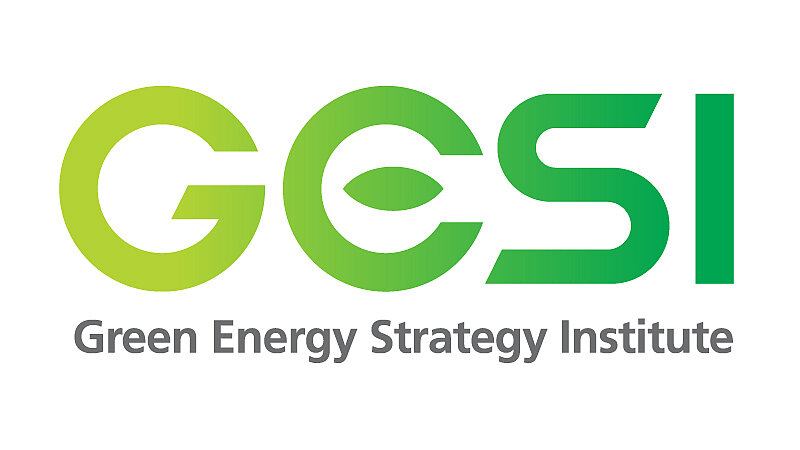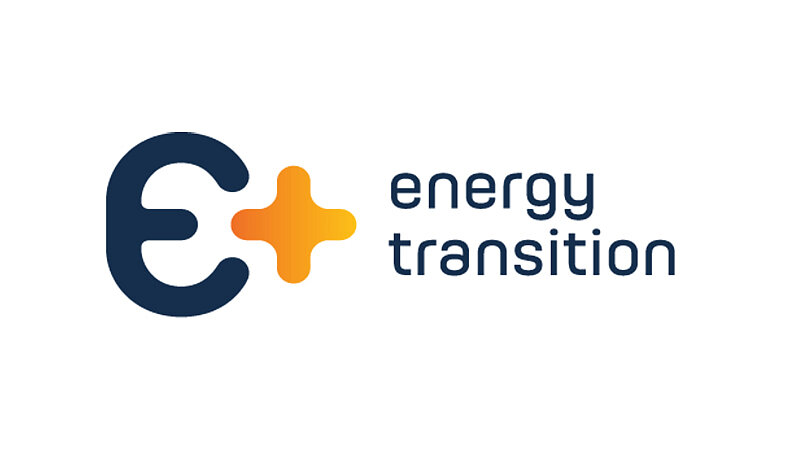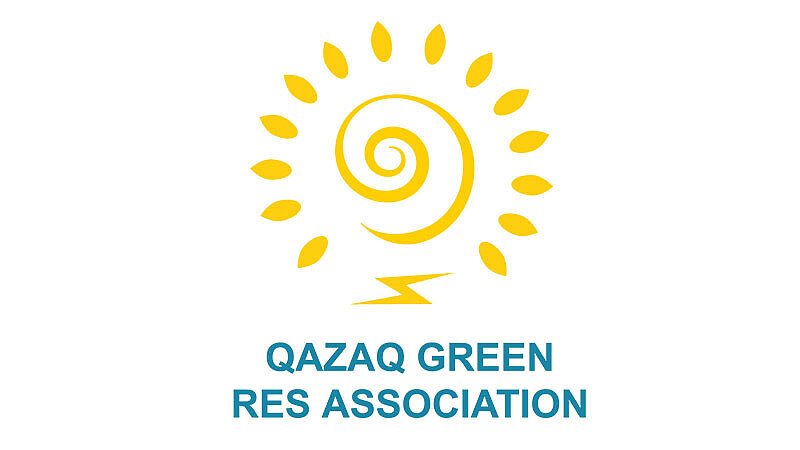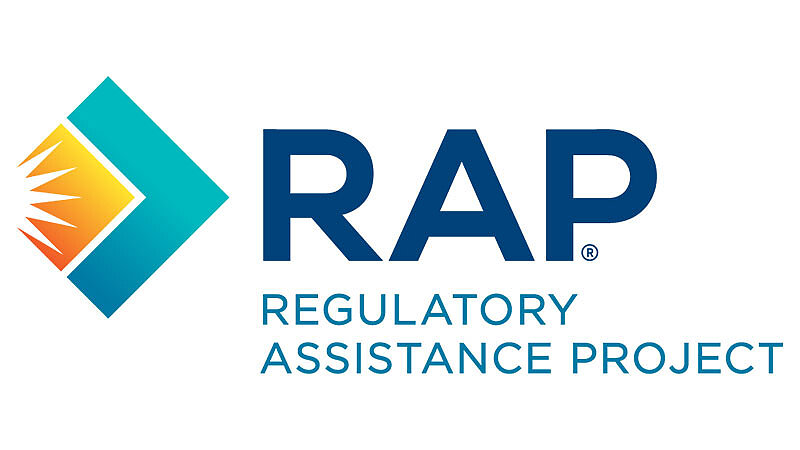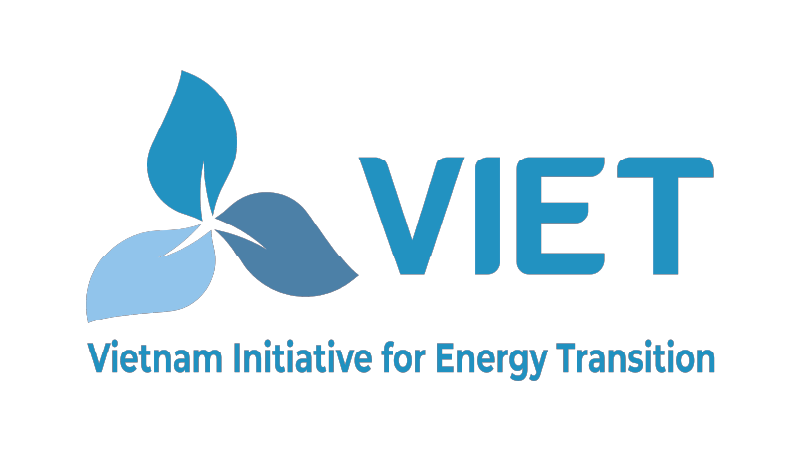Pathways to climate neutrality
Reliable scenarios show the way to climate neutrality. An ambitious and balanced mix of instruments ensures that the goals are achieved.
Pathways to climate neutrality
The global transition to climate neutrality requires robust targets, strong climate and energy policies and an accelerated and comprehensive deployment of climate-friendly technologies.
More than 90 countries (World Resources Institute, June 2023) and the European Union have set net-zero targets, either as political pledges, or in law or policy. Short- and long-term targets give companies and households planning security when investing into new technologies. They also help to identify deviations from transition pathways in good time and to take appropriate political action.
The core elements of the transformation are an energy economy based on renewable energies, an extensive electrification of the demand sectors, increased energy efficiency, and the development of a renewable hydrogen economy. Moving away from fossil fuels to renewable energy and electrification also makes a significant contribution to better quality of life for example by reducing air and noise pollution. A broad set of instruments are available to incentivise the uptake of clean technologies and to drive the necessary greenhouse gas emissions reductions.
For example, Europe aims to become the first climate-neutral continent in the world – by 2050 at the latest – with an interim target of at least 55% greenhouse gas emissions reductions by 2030. The EU’s energy and climate policy package includes carbon pricing, laws to ensure the ramping up of renewable energy and energy efficiency and to reduce emissions from transport, buildings, and agriculture as well as a broad set of public funding instruments at EU and national level, including the EU Social Climate Fund to address the distributional and social aspects of climate policies.
Agora develops evidence-based scenario analyses, showing target-compliant and at the same time plausible paths to climate neutrality. Together with our partners, we have developed net-zero scenario frameworks at the EU level as well as nationally in Germany, Japan, South Korea, Indonesia, and Thailand. For each scenario, we propose a tailored mix of instruments with the necessary level of ambition.





